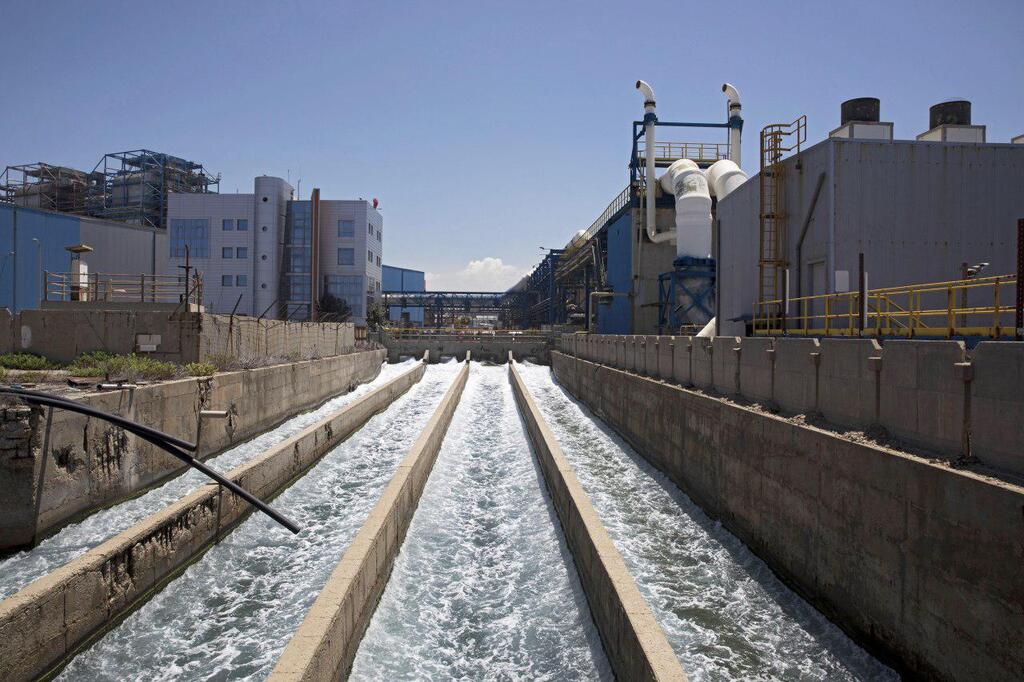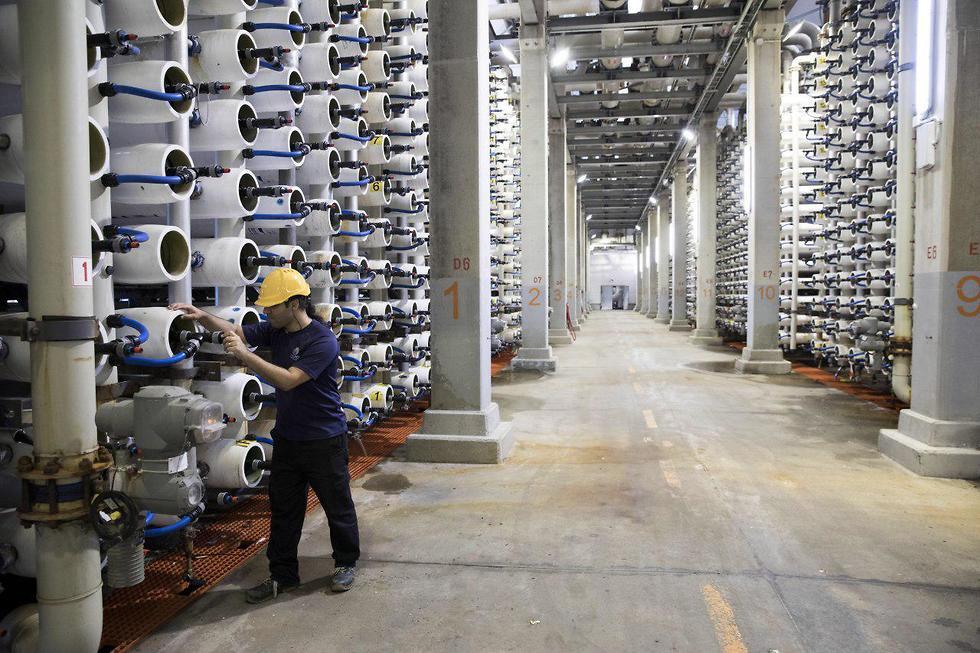Getting your Trinity Audio player ready...
In Israel, water is at a premium – there’s not enough natural freshwater for the Jewish state’s 10-million-strong population, which means it has to make its own.
Israel maintains the world’s highest per capita usage of desalinated water, thanks to desalination plants like in Hadera in the country’s north, which pumps water from the Mediterranean Sea and makes it drinkable 24 hours a day, 365 days a year.
Some 75 percent of water consumed in Israel comes directly from the Mediterranean. Without desalination plants, Israel wouldn’t have access to drinkable water due to a lack of natural resources, according to David Muhlgay, CEO of Omis Water Ltd and head of the Hadera “mega-factory.”
Muhlgay explained to i24NEWS how one pipe can desalinate and deliver some 137 million cubic meters of drinkable water to the public.
“We can see now, all over the world, that water is becoming scarce. 97 percent of the water on earth is in the sea. So we have to learn how to [desalinate] efficiently,” he said.
After being extracted from the sea, the seawater is propelled into tubes at very high pressure, where it is filtered until it becomes a perfectly pure liquid. Certain minerals are then added, such as calcium, before redistribution.
This technique – called “reverse osmosis” – makes it possible to obtain drinking water in as quickly as 90 minutes.
There are already five desalination plants like the one in Hadera along the Mediterranean coast, and the number will rise to seven in the coming years in an effort to meet all of Israel's future clean water needs.
“In 2018, the government of Israel made a resolution that by 2030, it would desalinate 1.1 billion cubic meters of seawater, and that will anticipate all future needs, including the growth of the population,” Muhlgay noted.
In the next 30 years, around 60 percent of the world's population could experience severe shortages of drinking water, according to some experts. For its part, Israel seems to be sheltered from these forecasts, thanks to its desalination plants.



